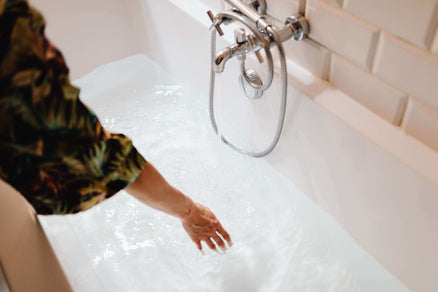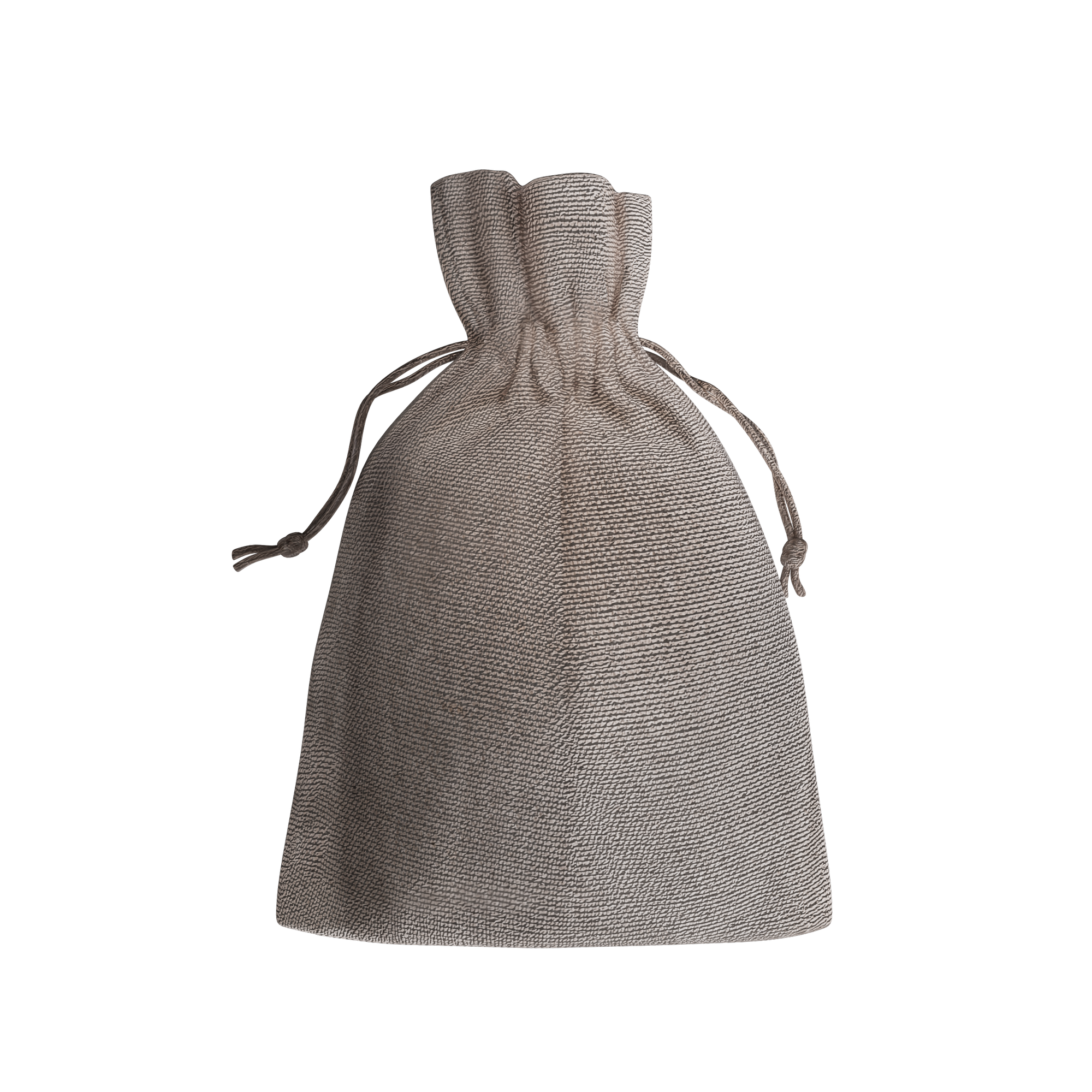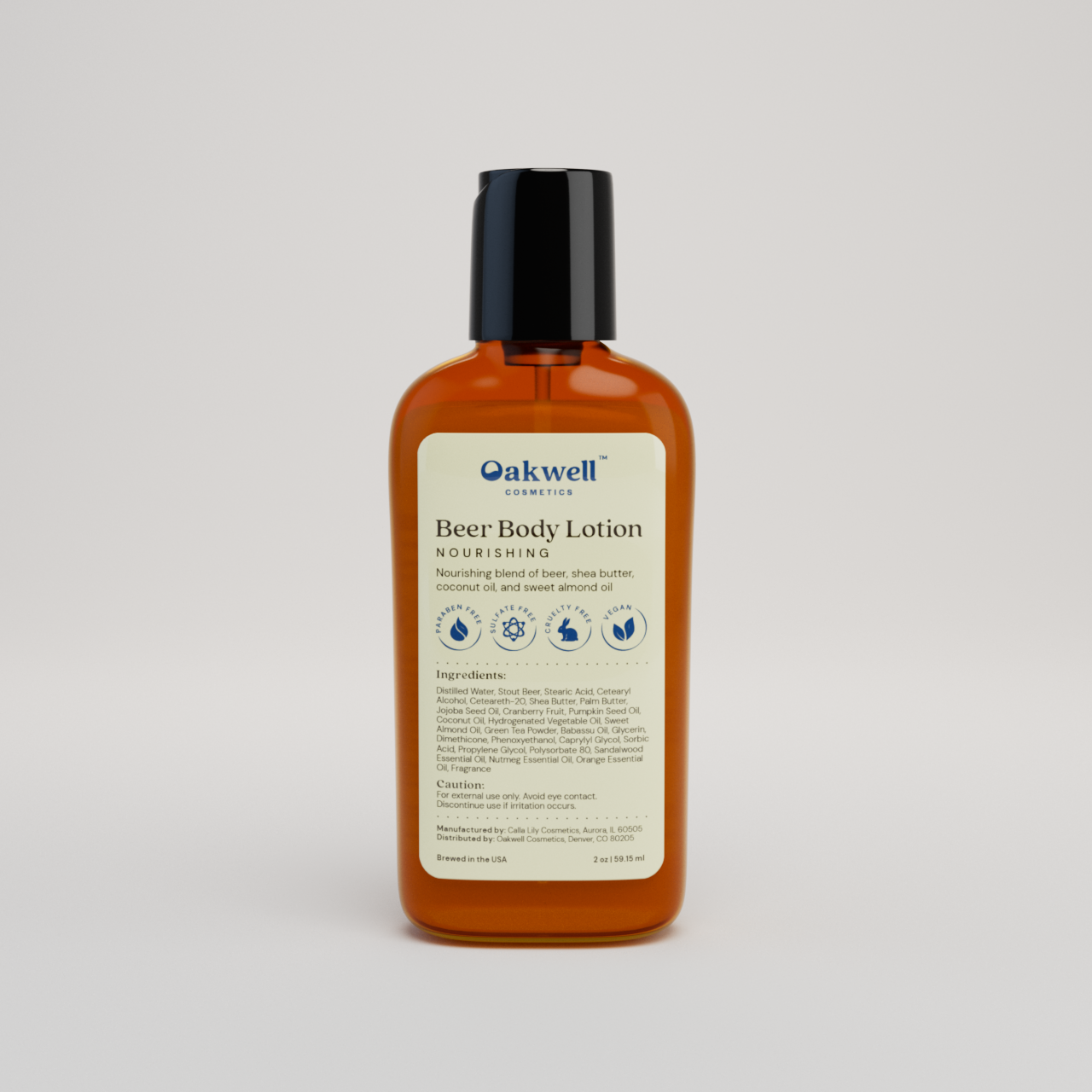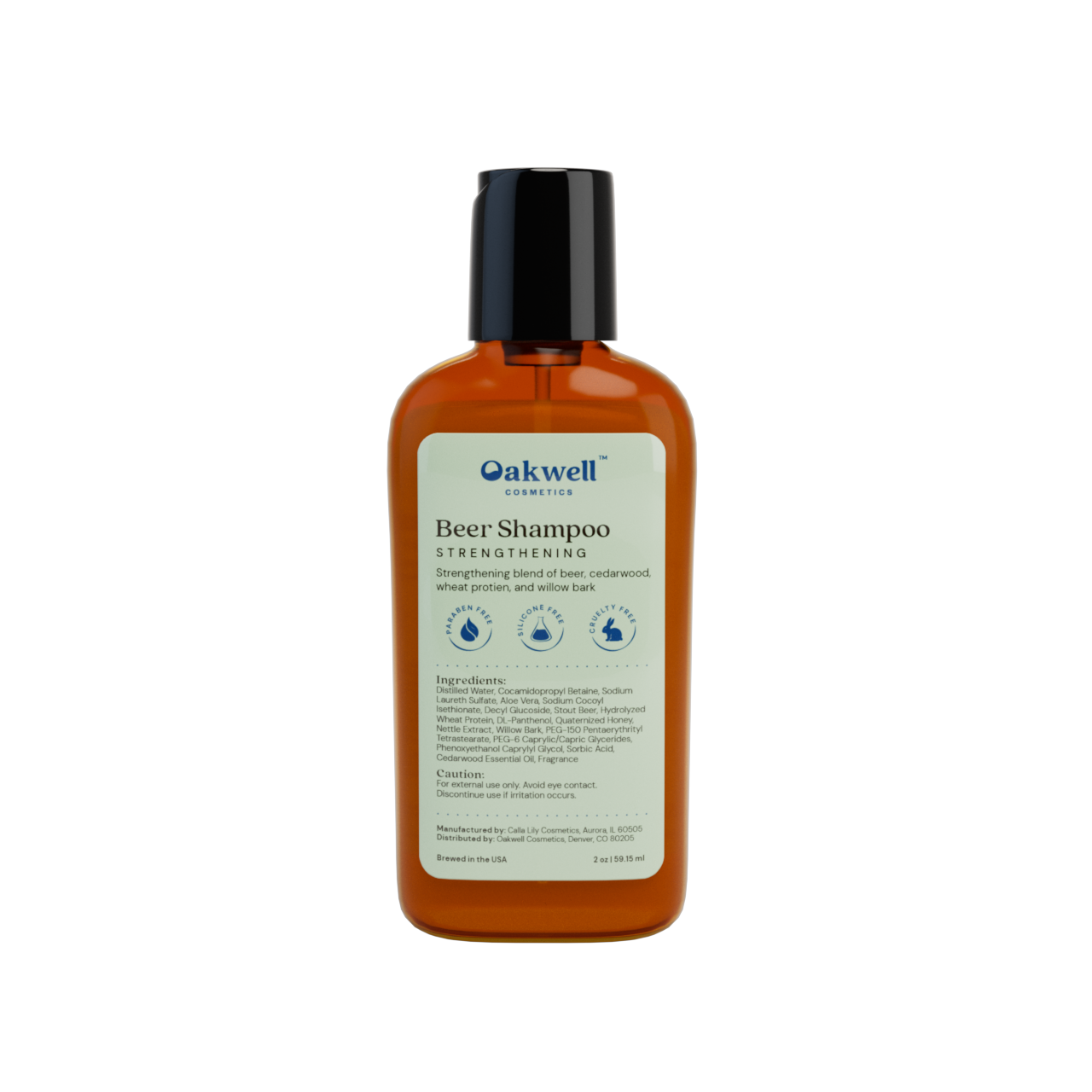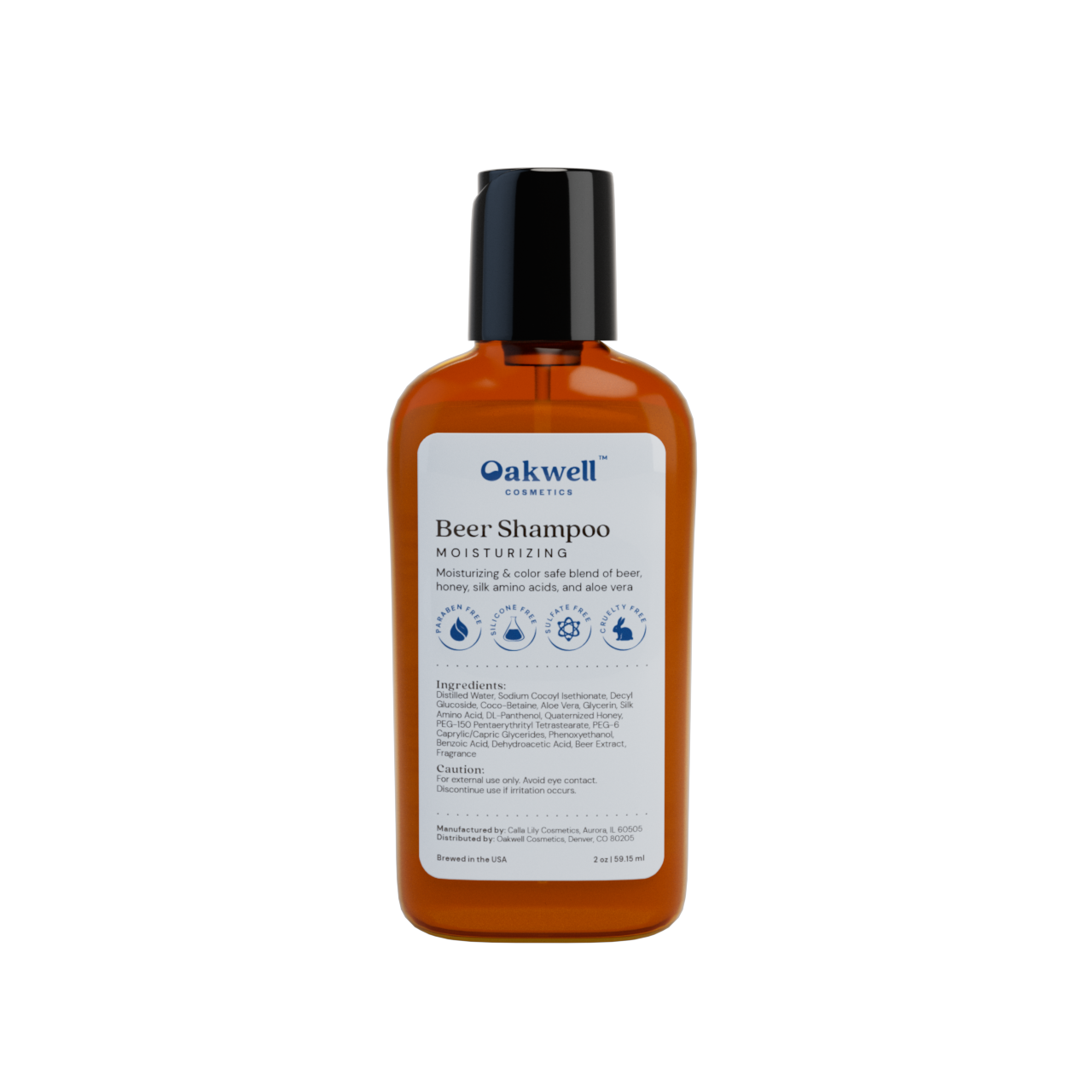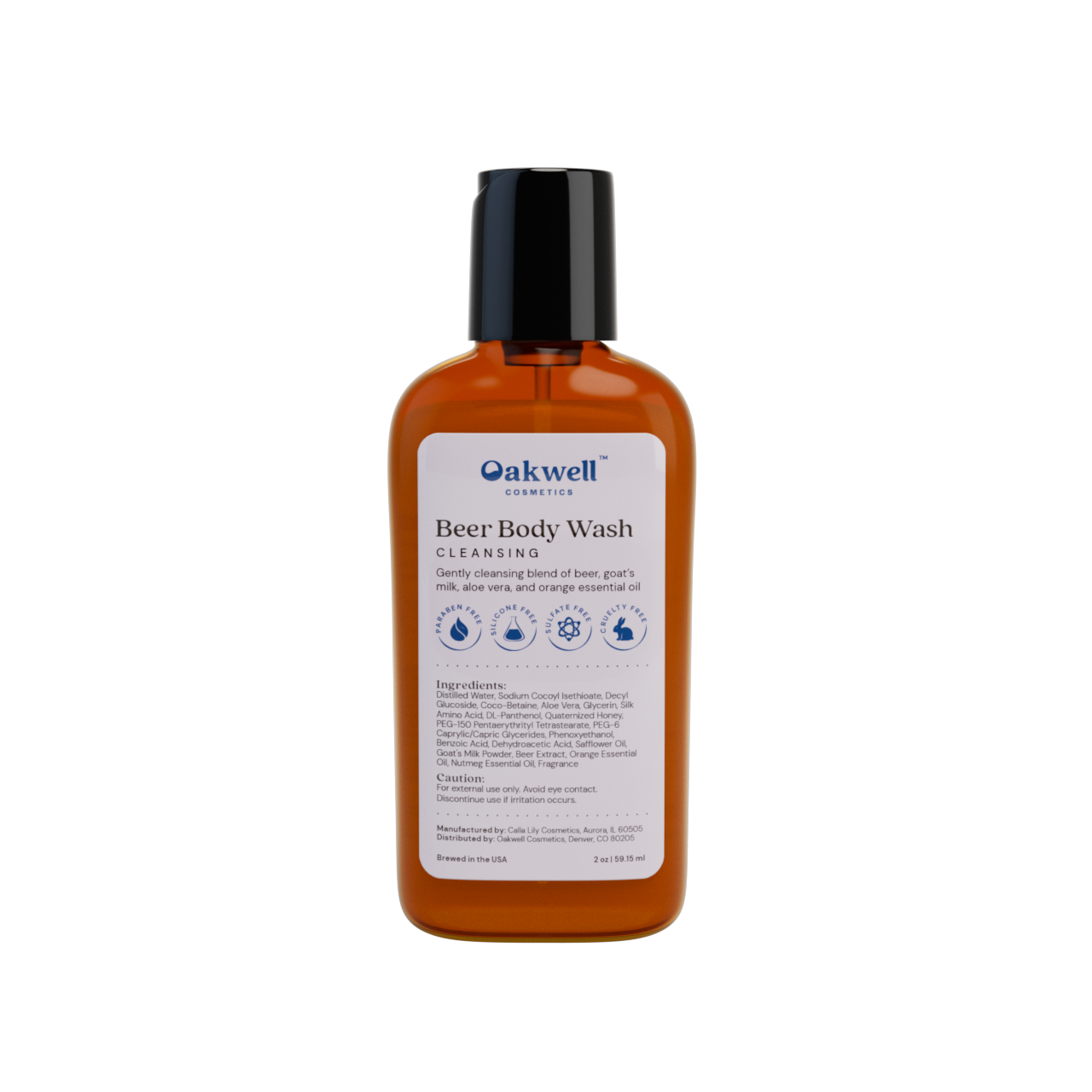Why is Self-Care Important (& Practical Ideas for Self-Care)

Self-care gives our mind and body the necessary support for short and long-term well-being, and the most beneficial ways to practice it are with techniques that don't require too much effort.
Although self-care discussions and practices have been on the rise the last few years, we're still discovering the necessary knowledge and information to experience self-care benefits.
Are you wondering, "Why is self-care important," or "How should I practice it for the best results?" In this article, we’ll explore the importance of self-care, its benefits, and practical ideas for practicing self-care in ways that work for you–with insight from health experts.
What is self-care?
Self-care is any activity we deliberately do to take care of ourselves, according to Jennifer Toof, a Licensed Professional Counselor and Nationally Certified Counselor.
Self-care isn’t something we force ourselves to do or don’t enjoy doing. For example, some people practice running because it’s invigorating. If you don’t like running, it isn’t considered self-care, says Toof.
Effective self-care activities don't involve demand and pressure to do anything, says Ronald Hoang, a certified counselor. It's less about the particular activity you choose and more about the experience it gives you when you engage.

The 4 Elements of Self-Care
Hoang says the four elements of effective self-care include:
- A sense of getting away
- A feeling of immersion
- Holding attention without effort
- Compatibility with one’s preferences
"A self-care activity can include all or just some of these elements. The practice can be as extravagant as going on an island holiday or as simple as taking a long, deep breath. It's about what speaks to you and what activity embodies the self-care elements," says Hoang.
Why is self-care important?
While self-care should be enjoyable, it’s also necessary for well-being and happiness.
Engaging in self-care isn’t only about pampering yourself. It’s about coming back to yourself to nourish and reset your mind and body.
"The key to using any self-care practice is to bring mindfulness to the activity. Mindfulness as a base helps you set the stage for fully being present in the self-care moment. To benefit from self-care, it's important to slow things down for yourself and set an intention to let go of the negative thoughts that might arise," says Toni Teixeira, a Licensed Clinical Social Worker and Psychotherapist.
Benefits of Self-Care
Self-care improves your mental, physical, emotional, and spiritual well-being.
When you practice self-care, you can:
- Reduce anxiety and depression
- Enhance your sleep
- Increase happiness
- Feel a sense of excitement
- Improve your heart health
- Boost your productivity
- Calm your nervous system
Many of these work together, and not all self-care practices offer the same benefits. However, if you incorporate techniques you enjoy into your daily life, you’ll reap the most benefits.
15 Practical Ways to Practice Self-Care
There are many ways to practice self-care, including taking a warm bath or shower, talking to a loved one, reading a good book, or simply resting.
"Self-care isn't one size fits all," says Toof. Choose activities you enjoy, or that come easy for you to experience the benefits of self-care.
Various mental health professionals, including Toof, recommend the following activities because they offer evidence-based benefits for mental health. They also support physical, emotional, and spiritual health.
Take a Warm Bath or Shower
A warm bath or shower is an excellent practice to incorporate into your daily life. This makes it easier to do even on those days when you don't feel like doing anything.
Taking a warm bath or shower has several benefits, including anxiety and stress relief, better sleep, and good heart health. Enhance the experience with an uplifting herbal beer bath tea, which you can hang under your bath faucet or shower head or place in your bath water.

Practice Skincare
A skincare routine can help you feel good because the practice of taking care of yourself naturally boosts your spirits.
Your skincare routine can be as simple as taking five minutes to wash your face and apply moisturizer, or it can be a 20-minute session you take your time doing while listening to your favorite playlist.
Read a Good Book
If you like to read, have a date with a good book. Reading can help you slow your thoughts down and be in the moment.
Plan time to read if you find it challenging to prioritize self-care, whether it be for ten minutes before bed or half an hour every weekend at your favorite coffee shop.
Light a Relaxing Candle
Sometimes, taking a moment to breathe and appreciate a good candle is the perfect self-care activity. It’s simple, and our favorite relaxing candle, Oakwell Cosmetics Cedarwood & Amber, has an uplifting aroma and is reminiscent of cozy days.

Take a Nap
Self-care shouldn’t require too much effort, and taking a nap is the best practice when you’re tired or have little to no energy. Even if you have a long to-do list, it’s okay–and even helpful–to stop and rest.
Naps aren’t always easy to make time for, but even only a few minutes to sit down and close your eyes can go a long way.
Go on a Walk
Going on a walk is one of the best self-care practices because it's easy to do at almost any time–even if it's a walk around your office or in your neighborhood after work.
It's best to go outside for your walk because fresh air and movement on two of the most impactful mood boosters because they release serotonin, a happiness and well-being chemical.
Talk to a Loved One
Whether you need a reassuring, comfortable voice or want to get your mind off your worries, consider talking to a loved one, whether it be in person or a quick phone call.
“Calling a loved one, or any form of social connection, is highly associated with improved quality of life,” says Toof. Social connection also releases serotonin and oxytocin, the love hormone that improves long-term well-being.
Wear Clothing You Like
Feeling comfortable in your body and clothes is a small but powerful way to love yourself and feel good. If you find yourself wearing uncomfortable outfits, reconsider your wardrobe and stick to clothing you enjoy wearing.
Learn Something New
Is there a new skill you've been wanting to learn, like sewing or baking? Maybe it's a subject like mental health or business.
Learning something new can help you feel accomplished, give you a sense of purpose, and bring excitement. It can also let you practice mindfulness and get away from worries for a bit.
Write in a Journal
Journaling is one of the most recommended self-care practices, and for great reason. It offers many benefits, including slowing down, expressing and understanding emotions, and releasing your thoughts and worries. Journaling can also help you practice gratitude, make plans, and discover yourself.
Many people find it challenging to prioritize journaling, so it's important to schedule time for it only if it comes easy for you and it's something you want to do.

Practice Breathwork/Meditation
While breathwork and meditation can be separate practices, they work well together. “Practicing breathwork and meditation are strongly correlated with well-being and reducing stress, anxiety, and depression,” says Toof.
With breathwork, you’re focusing on the way you breathe. Teixeira says, “Breathwork can help you rewire your nervous system for calm.” While there are many breathing techniques, a common one is even breathing, where you inhale and exhale for the same number of seconds.
According to Teixeira, “Meditation teaches the most important tools of letting go of thoughts and being present in the moment. You just need five minutes a day to work on this, and it can have a huge impact because you can even use some of these techniques when you are not meditating.”
With meditation, it’s important to understand there’s no right or wrong way to do it, and you can’t stop your thoughts. Instead, sit or lie in a comfortable position. Then, focus on the moment, which breathwork can help with, and let your thoughts come and go.
Drink Water
Hydrating is one of the best self-care techniques because it’s easy to do, something most of us do anyway, and it helps our bodies feel nourished.
If you struggle to drink water regularly, make a habit of drinking a glass every morning when you wake up and with each meal. You can also get a water bottle you like and keep it near you throughout the day.
Do Something Kind
Think of the last time you did something kind for something. It probably made you feel good. Acts of kindness, no matter how small or big, can go a long way, whether it’s waving hello to your neighbor or volunteering at a local event.
Self-care also includes being kind to yourself. Teixeira's favorite ways to show yourself kindness are saying “oopsy” when you make a mistake and imagining your hand is the hand of something who loves you.
With the “oopsie” technique, say this when you make a mistake, especially for life’s daily hassles that don’t have an overall adverse effect. Saying “oopsy” when you’re late for an appointment lets you give yourself the grace to move past the mistake instead of getting angry or upset.
With the hand technique, think of someone who loves you. Place your hand on your heart, breathe, and recreate the loving feelings in your body that are connected when you are or were in that person’s presence.
Listen to Music
“Music has many mental health benefits, from improving mood and promoting relaxation to helping people express emotion without having to say anything,” says Toof.
The best part about listening to music is that you can do this at almost any time, whether on the way to work, while you're taking a shower, or when you’re doing chores.
Talk to a Counselor
The expectations we face with work, family, and personal health can be overwhelming. While there are many practices you can try on your own, talking to a professional therapist can also be a useful self-care technique.
Counselors are equipped to help you find the best self-care practices for your needs and goals. Talking to an unbiased person can also be an effective way to talk through your thoughts and emotions.
Why is Self-Care Important? Conclusion
We hope this article was helpful in understanding why self-care is important, its benefits, and best practices. Remember to find self-care techniques you enjoy and feel easy to implement into your daily life. Self-care should be enjoyable and not require too much effort.

Become a part of our community and be the first to learn all there is to know about Oakwell

